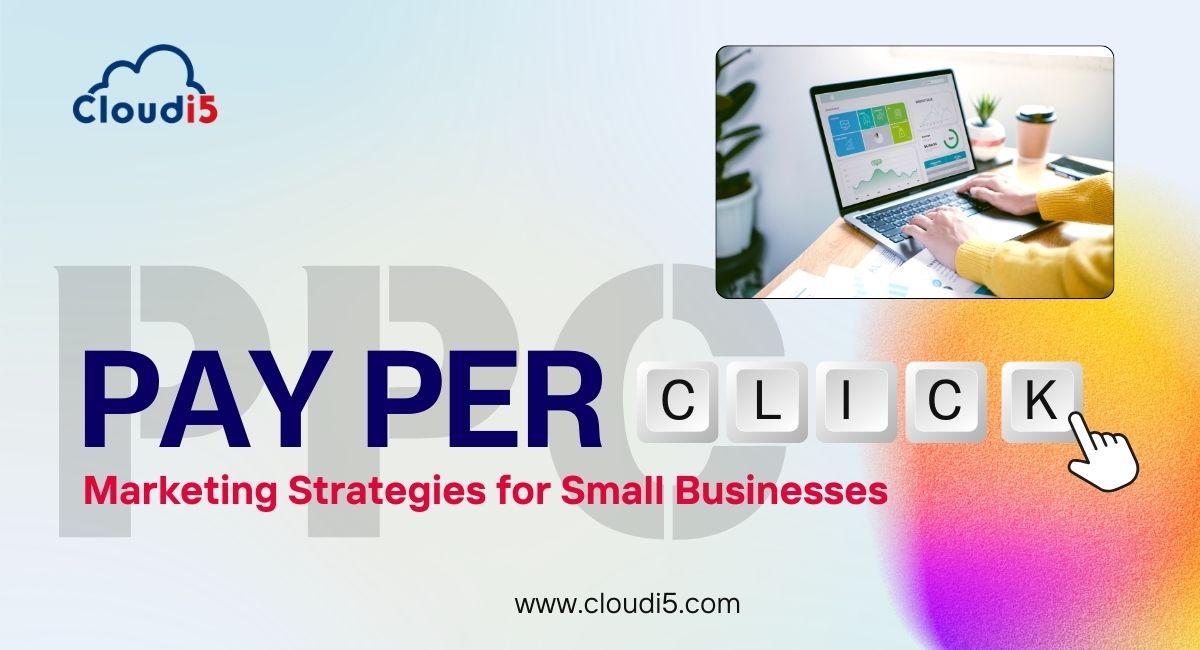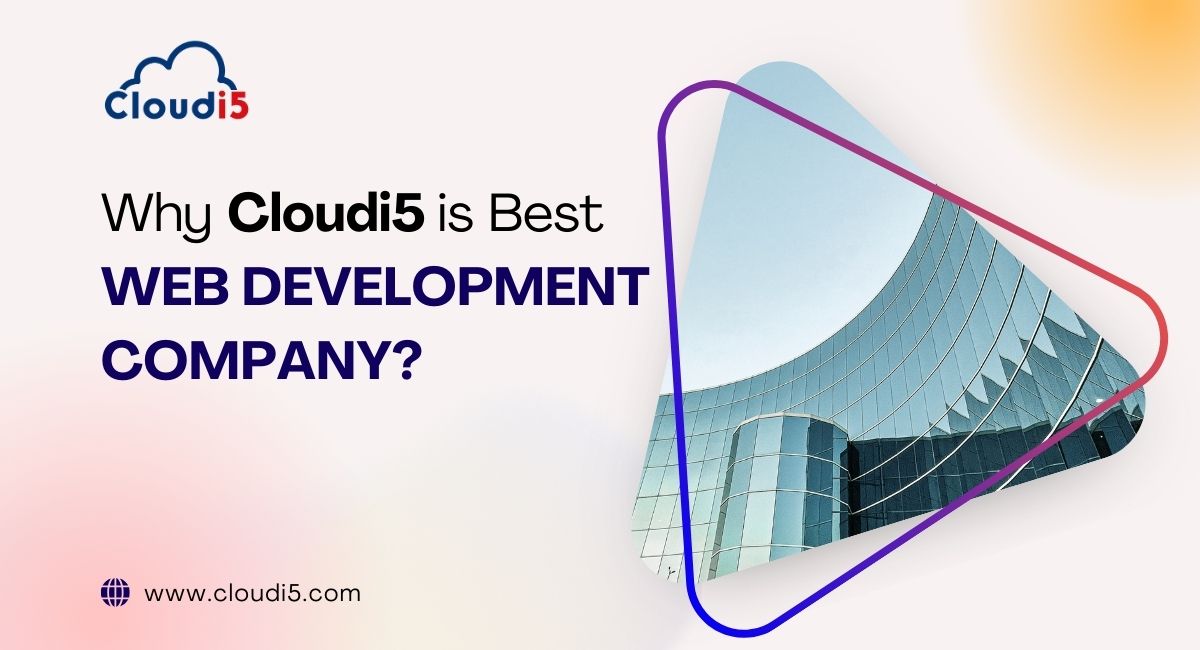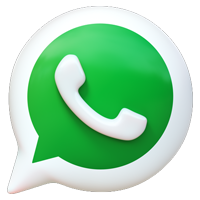
The Future Of IoT: How It Will Impact Your Life
Introduction to the Internet of Things
What is IoT?
The Internet of Things (IoT) is a network of everyday devices—like your fridge, thermostat, and even your car—that connect to the internet. This connection allows them to share information and work together seamlessly. For example, your coffee maker can start brewing when your alarm goes off, making life more convenient. As we consider the future of IoT, these innovations will become even more integrated into our daily lives, enhancing efficiency and comfort in ways we can only imagine.
Brief History of IoT
The idea of IoT dates back to the 1980s with the first internet-connected toaster. The term "Internet of Things" was coined by Kevin Ashton in the late 1990s. As internet access expanded in the 2000s and wireless technology improved, more devices became connected. Today, millions of smart devices are transforming how we live and interact. The future of IoT promises even greater advancements, making our lives easier and more efficient than ever before.
Everyday Examples of IoT
Smart Homes: Convenience at Your Fingertips
Smart homes use IoT devices to make everyday life easier. Imagine controlling your lights, thermostat, and security system from your phone or even with your voice! Smart speakers can play your favorite music, while smart locks let you manage who can enter your home—all from anywhere. This level of convenience means more comfort and peace of mind for you and your family. As we explore the future of IoT, smart homes will become even more integrated and intuitive.
Wearable Technology: Health and Fitness Tracking
Wearable devices, like fitness trackers and smartwatches, are revolutionizing how we monitor our health. These gadgets track your heart rate, count steps, and even monitor your sleep patterns. With the data they collect, you can make healthier choices and stay motivated. Looking ahead, the future of IoT in wearables promises even more advanced features that will empower us to take charge of our health and well-being.
Connected Cars: The Future of Transportation
Connected cars are changing how we drive and travel. With IoT technology, vehicles can communicate with each other and with traffic systems, helping to reduce accidents and improve traffic flow. Features like navigation updates, remote diagnostics, and even self-parking are becoming common. As we consider the future of IoT in transportation, we can expect safer and more efficient travel experiences for everyone.
How IoT is Transforming Industries
Healthcare: Enhanced Patient Care
- Remote Monitoring: Smart sensors track vital signs, allowing doctors to monitor patients from anywhere.
- Quick Response: Immediate alerts for emergencies lead to faster medical interventions.
- Personalized Care: Data-driven insights enable tailored treatment plans for individual patients.
- Future Impact: Expect more accessible and efficient healthcare solutions.
Agriculture: Smart Farming Solutions
In agriculture, IoT technology is making farming smarter and more sustainable. Farmers use sensors to monitor soil moisture, weather conditions, and crop health. This data helps them make informed decisions about irrigation, fertilization, and pest control, leading to higher yields and reduced waste. As we embrace the future of IoT, smart farming will play a crucial role in feeding the growing global population.
Manufacturing: The Rise of Smart Factories
- Connected Machinery: Sensors enable machines to communicate and share performance data.
- Predictive Maintenance: Early detection of potential issues reduces downtime and maintenance costs.
- Improved Quality Control: Real-time monitoring ensures products meet high standards.
- Future Impact: Expect enhanced productivity and innovation in manufacturing processes.
Improved Safety and Security
- Smart Cameras: Provide real-time monitoring and alerts for unusual activity around your home.
- Connected Doorbells: Let you see and communicate with visitors remotely.
- Safety Sensors: Smoke and carbon monoxide detectors alert you immediately in case of danger.
Environmental Impact: Sustainability through IoT
- Smart Irrigation: Helps farmers use water efficiently, reducing waste and promoting better crop yields.
- Energy Management: Connected devices optimize energy use in homes and buildings, lowering bills and carbon footprints.
- Waste Reduction: IoT solutions in cities help manage resources better, leading to less waste and a healthier planet.
The Benefits of IoT in Daily Life
Increased Efficiency and Convenience
IoT devices streamline everyday tasks, making life more efficient. Imagine your smart thermostat automatically adjusting the temperature based on your preferences or your smart fridge notifying you when you're low on groceries. These conveniences save time and reduce effort, allowing you to focus on what truly matters in your day-to-day life. As we consider the future of IoT, these advancements will continue to enhance our daily routines, making them even more seamless and enjoyable.
The Future of IoT: Trends to Watch
Advances in AI and Machine Learning
AI and machine learning are making IoT devices smarter. These technologies help devices learn from data and make decisions on their own. For example, your smart home system can adapt to your routines, creating more convenience in your life. This integration will lead to even more innovative uses in the future of IoT.
The Role of 5G in IoT Expansion
5G technology will boost the future of IoT by providing faster and more reliable internet. With quicker connections, devices can communicate almost instantly. This means smarter cities, better healthcare, and seamless connectivity for all your gadgets. As 5G becomes widely available, we’ll see a surge in new IoT applications.
Predictions for the Next Decade
In the next ten years, expect more smart devices in homes, advancements in self-driving cars, and improved city infrastructure. The future of IoT will enhance areas like healthcare, agriculture, and manufacturing, making our lives easier and more connected. Overall, the future of IoT is full of exciting possibilities!
How to Get Started with IoT
Choosing the Right Devices for Your Home
When starting with IoT, think about what you need. Look for devices that add convenience, like smart thermostats, lights, and security cameras. Make sure they can work together and be controlled from one app. This will create a more connected smart home experience as we look to the future of IoT.
Tips for Smart Living: Integration and Management
To make the most of your IoT devices, integrate them for easy management. Use platforms like Google Home or Amazon Alexa to control everything with your voice. Set up routines, such as having lights turn on when you get home or your coffee maker starting in the morning. Keep your devices updated to ensure they work well and stay secure, especially as the future of IoT unfolds.
Resources for Learning More About IoT
To learn more about IoT, check out online resources like blogs, tutorials, and forums. Websites like IoT For All provide helpful insights. Join online communities to share tips with others. You can also take online courses to understand IoT technologies better. Engaging with these resources will help you navigate the exciting future of IoT.
Conclusion
The Internet of Things (IoT) is revolutionizing our lives, enhancing convenience at home, improving healthcare, and boosting efficiency in industries. As we consider the future of IoT, technologies like Cloudi5 are set to enable smarter connectivity and data management across devices. Embracing IoT today means stepping into a future where technology makes our world more efficient, secure, and sustainable—unlocking endless possibilities ahead!
Trusted By












Leave Comments